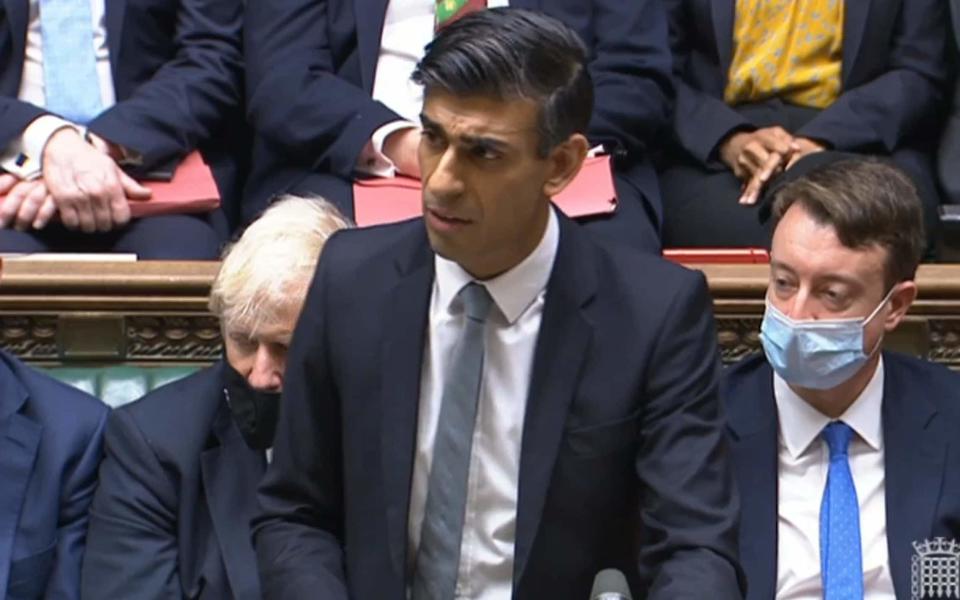Government's broken triple lock promise costs pensioners £2,500

The controversial decision to break the state pension “triple lock” will save HM Treasury £30.5bn over the next five years, equivalent to stripping every pensioner of almost £2,500.
More than 12 million pensioners will have their spending power reduced next year thanks to rising inflation, as the state pension will rise by 3.1pc rather than the true rate of inflation. The Office for Budget Responsibility has estimated inflation will average 4pc in the next year.
The suspension of the triple lock will save the Treasury £5.4bn in the 2022-23 tax year, rising to £6.7bn by the end of the five year spending period, forecasts published by the OBR have revealed. Over the five years this will cost retirees £2,460 in lost pension income.
The triple lock ensures the state pension rises each year by the highest of inflation, wage growth or 2.5pc. However, Chancellor Rishi Sunak has reaffirmed plans to break the Conservative manifesto promise by dismantling the triple lock as part of the Autumn spending review. The state pension will increase by 3.1pc rather than 8.3pc due to the suspension of the earnings link.
Pensioners have thus been “left out in the cold” by the Autumn Budget, industry experts have warned.
Household costs have risen faster for pensioners than for the working population over the past decade, according to the Office for National Statistics, and are tipped to soar again this winter. Essential expenditure, which includes spending on food, clothing, housing, fuel and power, household goods, health, transport and communication, will increase by £670 this year, the CEBR found.
Alistair McQueen of Aviva, the pension provider, said the “double lock” increase in the state pension underplayed the real rate of inflation that pensioners will actually feel.
“Inflation was the Chancellor’s headline message and people in retirement are at the forefront of the impact but nothing was announced to directly ease the burden of rising energy and food prices,” Mr McQueen said.
Ian Browne of Quilter, the wealth manager, said pensioners had been dealt a “huge blow” from the Government’s refusal to increase any social security payments, such as the winter fuel payment, the cold weather payment or the warm homes discount.
“The budget will have left many pensioners feeling forgotten about at a time when their finances continue to be squeezed. A backdrop of increasing energy bills, rising inflation and winter looming it would have been high time to increase these payments,” he said.
Unlike the state pension, these winter social security payments are not increased each year. The winter fuel payment has not changed since 2011.
The triple lock was reduced to a double lock, relying on inflation or 2.5pc, in a bid to avoid an astronomical bill for public finances. The state pension will rise by the September figure for inflation, 3.1pc, rather than the 8.3pc increase in earnings. This is because the pandemic distorted wage growth figures, as wage cuts and furlough artificially depressed earnings last year.
The state pension will rise by £5.55 a week next April, increasing in line with the 3.1pc rate of inflation.
Inflation data published by the Office for National Statistics in mid-October confirmed the full new state pension will rise by £289.85 a year, from £9,350 to £9,640 in the next tax year. In weekly terms, it will increase from £179.60 to £185.15.

 Yahoo Finance
Yahoo Finance 